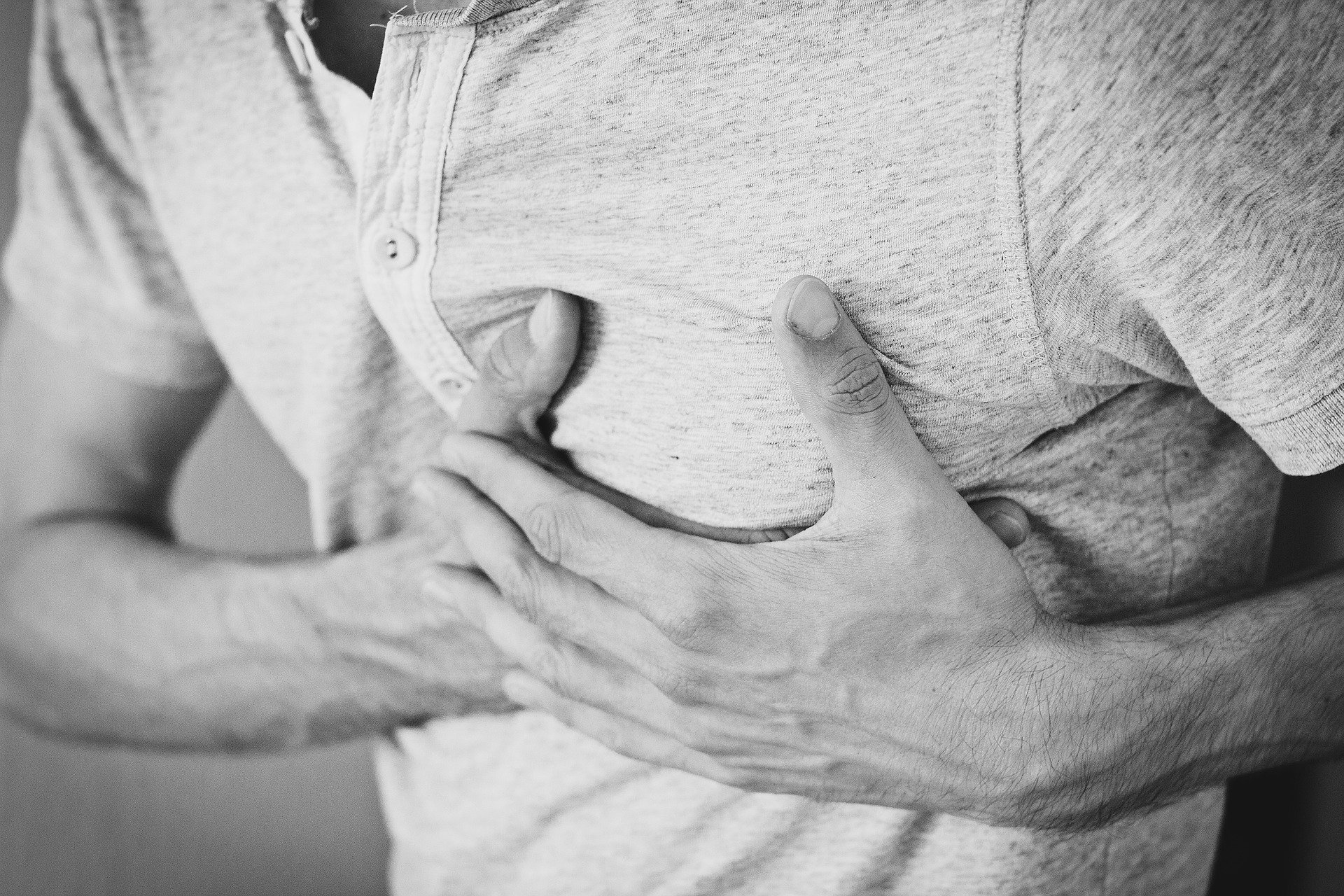Why does alcohol cause so much harm to your longevity?
This recent WHO report clarifies just how toxic your tipple is to human health.
“Alcohol is a toxic, psychoactive, and dependence-producing substance and has been classified as a Group 1 carcinogen by the International Agency for Research on Cancer decades ago – this is the highest risk group, which also includes asbestos, radiation and tobacco.”
Alcohol consumption is responsible for nearly 3 million fatalities each year, according to the World Health Organisation (WHO). This figure accounts for 5.3% of all deaths worldwide.
It’s the alcohol that causes harm, not the beverage
Alcohol causes at least seven types of cancer, including the most common cancer types. These include bowel cancer and female breast cancer.
Ethanol (alcohol) causes cancer through biological mechanisms as the compound breaks down in the body, which means that any beverage containing alcohol, regardless of its price and quality, poses a risk of developing cancer.
The build-up over time
Over time, excessive alcohol use can lead to the development of chronic diseases and other serious problems including high blood pressure, heart disease, stroke, liver disease, and digestive problems. Cancer of the breast, mouth, throat, esophagus, voice box, liver, colon, and rectum.
Aside from the immediate dangers of alcohol intake, such as impaired judgement and an increased chance of accidents, the long-term consequences of alcohol on the body are severe and can be lethal.
What drinking alcohol does to your body
Here are just a few of the devastating consequences alcohol can have on your body:
Liver Damage
When you consume alcohol, it is absorbed into your bloodstream through the walls of your stomach and small intestine. From there, it travels to your liver, which works to break down alcohol into less toxic substances and remove it from your body.
As alcohol is metabolised in the liver, it produces a toxic substance called acetaldehyde, which can cause damage to the liver and lead to illnesses such as cirrhosis, a potentially fatal disease that can result in liver failure.
Cancers
Alcohol intake increases the risk of getting liver, breast, and colon cancers. Even moderate alcohol intake, according to the American Cancer Society, can raise a woman’s risk of developing breast cancer.
Cardiovascular Illness
Heavy alcohol use is also linked to a higher risk of cardiovascular disease. According to the American Heart Association, excessive alcohol intake can result in high blood pressure, heart failure, and stroke.
Diabetes
Alcohol intake might raise the risk of acquiring type 2 diabetes. This chronic illness can cause a variety of health concerns.
Reduced Brain Activity
Alcohol is also a central nervous system depressant. It can slow down brain activity and affect mood, thinking, and behavior. Initially, alcohol can produce feelings of relaxation and euphoria.
As you continue to drink, it can lead to impaired judgment, slurred speech, and difficulty with balance and coordination.
Impact on mental health
Heavy drinking can increase the likelihood of developing depression and anxiety and intensify symptoms in people with these problems. Drinking alcohol is also frequently associated with domestic violence and interpersonal aggression.
Alcohol Addiction Symptoms
Alcohol addiction, also known as alcoholism, is a complex disease that can develop over time and be difficult to recognize. Many people with alcohol addiction may try to hide or deny their symptoms.
Understanding the signs and symptoms of alcohol addiction is crucial for seeking help and beginning the road to recovery.
Five signs you may be alcohol dependent
1. Drinking despite negative consequences: If someone continues to drink even though they know that it is causing issues in their personal or professional life, such as relationship difficulties, work issues, or legal troubles, this can be a sign of alcohol addiction.
2. Cravings and loss of control: A strong desire or urge to drink, or feeling like you cannot stop drinking once you start, can be a sign of alcohol addiction. This can lead to binge drinking or drinking to the point of blacking out.
3. Withdrawal symptoms: When someone stops drinking or reduces their alcohol consumption, they may experience withdrawal symptoms such as shaking, sweating, nausea, or anxiety. This can be a sign of physical alcohol dependence.
4. Tolerance: Over time, someone with an alcohol addiction may need to drink more alcohol to achieve the same effects as before. This can lead to an increased risk of health problems and more severe withdrawal symptoms.
5. Loss of interest in other activities: Someone with alcohol addiction may begin to prioritize drinking over other activities that they used to enjoy, such as hobbies, socializing with friends, or spending time with family. This can signify a more significant difficulty and may indicate the need for professional help.
How To Reduce Alcohol Consumption
There are many strategies that individuals can use to reduce their alcohol consumption. These include setting limits on the amount of alcohol consumed, avoiding binge drinking, and seeking help if necessary.
Alcohol abuse and addiction are significant issues in South Africa, with several factors contributing to the problem. These include a high poverty level, high stress and trauma, and the easy availability of alcohol.
If you are struggling with alcohol addiction or abuse, it is important to seek professional help before alcohol negatively affects your health.”



![women [longevity live]](https://longevitylive.com/wp-content/uploads/2020/01/photo-of-women-walking-down-the-street-1116984-100x100.jpg)










